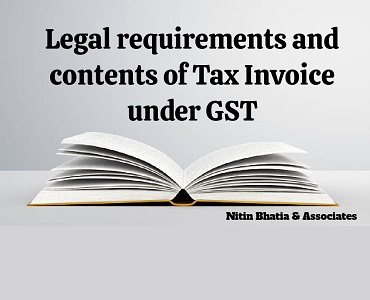Chartered Accountants (CAs) are not only experts in accounting, taxes and financial regulations, they are also well-versed in various legal compliance requirements that businesses must adhere to. There are several reasons why a startup should consider hiring a Chartered Accountant (CA) for their legal compliances: Hiring a chartered accountant can provide a startup with the …

















